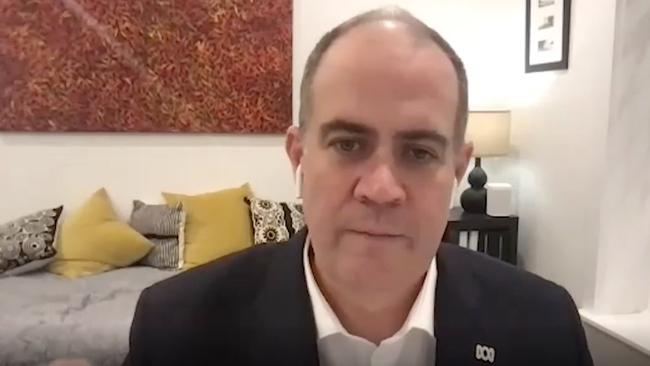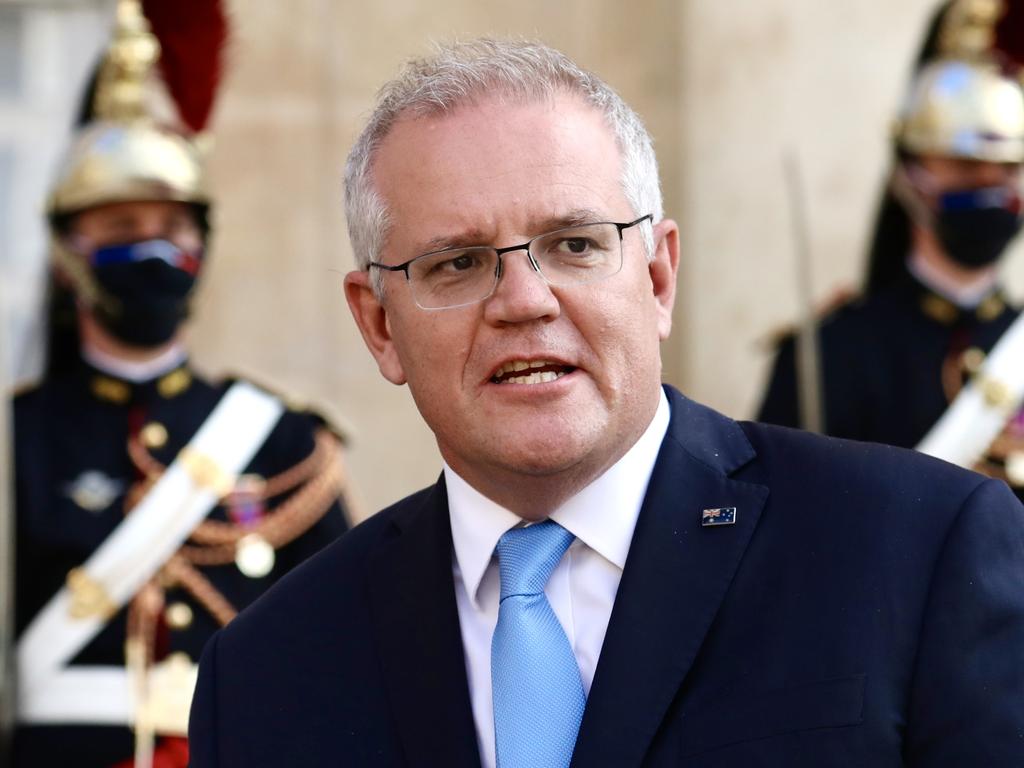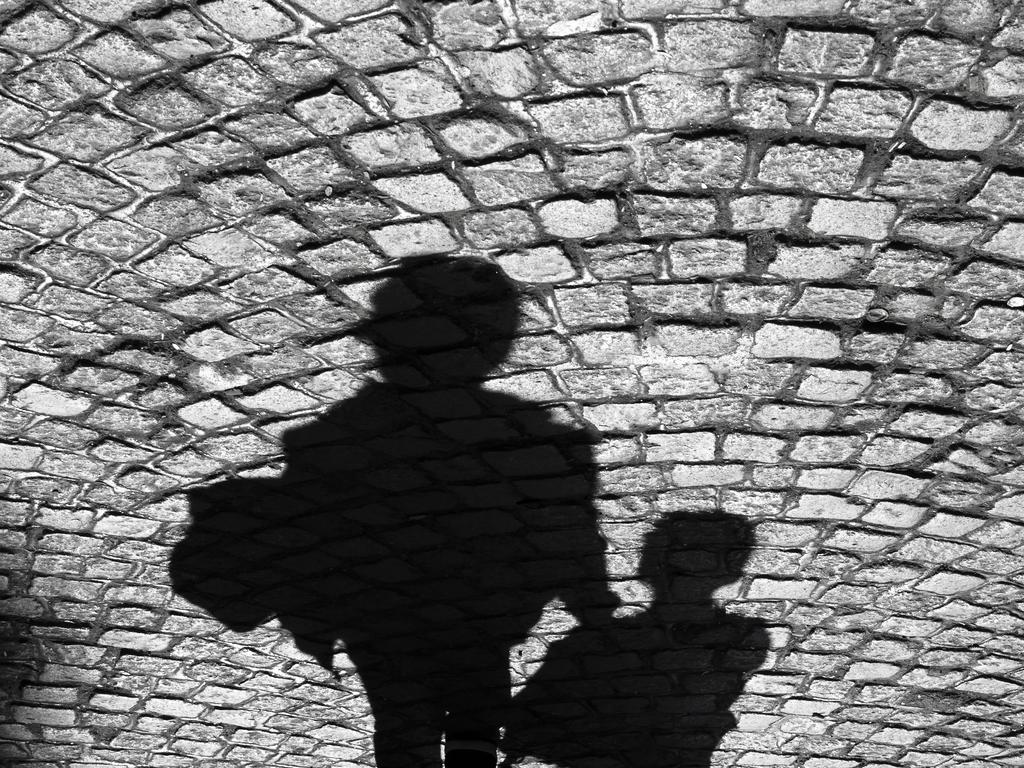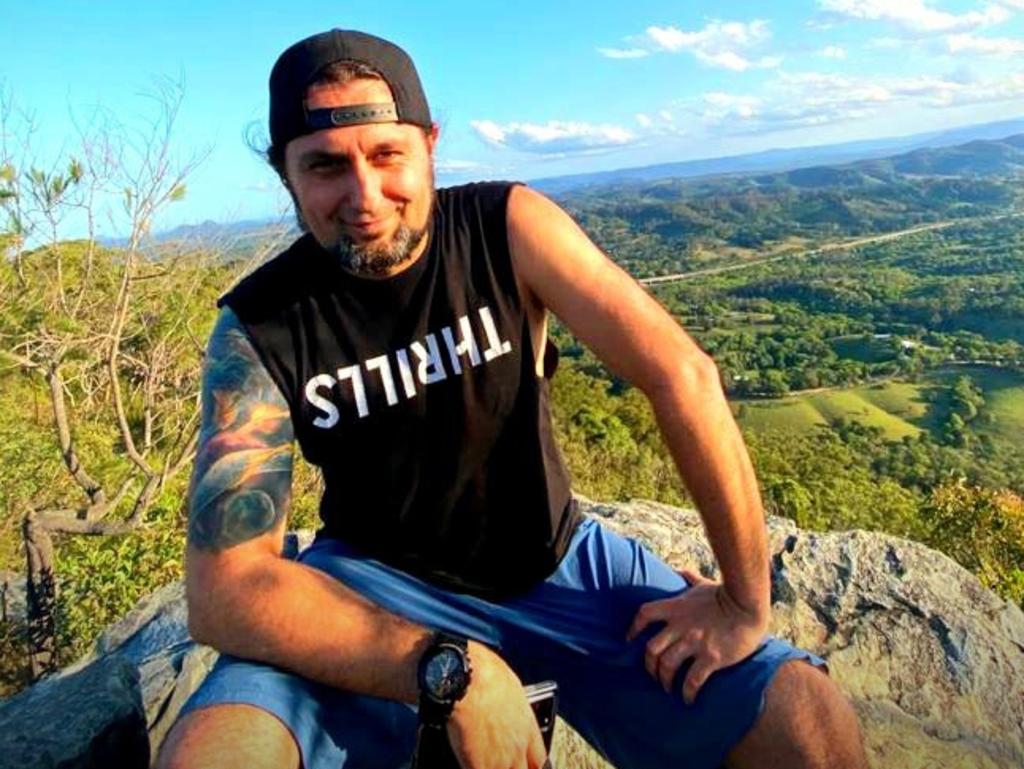ABC boss David Anderson concedes that being relevant and a trusted news source remains key
The ABC’s managing director David Anderson say ensuring trust remains intact is critical to the public broadcaster’s future.

The ABC’s managing director David Anderson says trust and reputation can be “lost in a heartbeat” and ensuring it remains intact is critical to the public broadcaster’s future.
Speaking at an annual international conference – the Banff World Media Festival – earlier this month, the ABC boss appeared in a virtual discussion alongside the chiefs of other national public broadcasters from the UK, the US and Canada.
Mr Anderson said the highest priority for the ABC was to remain a trusted news source for Australians.
“Our reputation is everything — reputation is something that you build up over multiple generations, it’s lost in a heartbeat,” he told the forum.
“So you need to maintain the trust so people come to you in the moments that matter, when they rely upon trusted sources of information when they need it most.
“We saw that in the pandemic and we see it now.”
His comments came just days after it was publicly revealed that the national broadcaster spent more than $780,000 in legal costs to defend defamation action taken against them by former Attorney-General Christian Porter over historical rape allegations. The matter was settled, with the ABC agreeing to attach a note to the article that says that it “did not intend to suggest that Mr Porter had committed the criminal offences alleged”.
“However, both parties accept that some readers misinterpreted the article as an accusation of guilt against Mr Porter,” the note reads. “That reading, which was not intended by the ABC, is regretted.”
The public broadcaster paid $100,000 in “mediation and related costs” to Mr Porter’s legal team.
In addition, Mr Anderson reportedly offered a face-to-face apology to Mr Porter for a series of social media posts by two of his senior journalists following the defamation matter being resolved.
The ABC also came under intense scrutiny earlier this month for airing a controversial Four Corners’ program that focused on Prime Minister Scott Morrison alleged links with one of Australia’s key players in extreme political movement QAnon.
Concerns with the episode were expressed by the ABC’s news director Gaven Morris and were upwardly referred to Mr Anderson which forced a delay to the airing of the program.
Mr Anderson said the ABC had a fundamental obligation to its viewers and listeners to pursue “independent” news coverage.
“For any public broadcaster there has to be the trusted source of news and information that people can rely upon that is independent, that is not skewed by anyone else, you are not a state broadcaster, you are a public broadcaster in the public interest, this is utmost,” he told the forum.
The Canadian Broadcasting Corporation’s president and chief executive officer Catherine Tait said their focus as a public broadcaster was to “reflect contemporary Canada” and ensure “all Canadians” were represented in broadcasts.
“With the social justice conversations we’ve been having here in Canada about Black Lives Matter and most recently about the very painful truth and reconciliation and reckoning with Indigenous people, we really are shifting that commitment at CBC to something more concrete and ambitious,” she said.
“We are going to ask producers to commit on the English side to at least 30 per cent of all available key creative roles (to) be filled by individuals who self-identify in what we call employment-equity seeking groups — that’s Indigenous, black, people of colour and people with disabilities.”
The British public’s trust of the BBC was brought into question this year after revelations of journalist Martin Bashir’s deception of Princess Diana ahead of the famous interview in 1995, during which she admitted to having an affair, and disclosed details of Prince Charles’s romance with Camilla Parker Bowles.
An independent inquiry found the BBC fell short of “high standards of integrity and transparency” by coercing Diana to do the interview by mocking up fake bank statements from a newspaper as if they were from a former member of staff of her brother Earl Spencer.
In the forum the BBC’s director-general Tim Davie said it was critical to “double down on trusted, impartial news and information”.
“They (viewers and listeners) may go to other sources now more often but boy do they want (trust) … the latest crisis showed that in spades,” he said.
In the US, the Public Broadcasting Services’ chief programming executive and general manager Sylvia Bugg said to ensure trust they must include a diverse range of voices.
“These are not diverse stories and perspectives that sit over to the left in a bucket and we pull them out when we need them, she said.
“It needs to be a part of the core value of our business.”








To join the conversation, please log in. Don't have an account? Register
Join the conversation, you are commenting as Logout